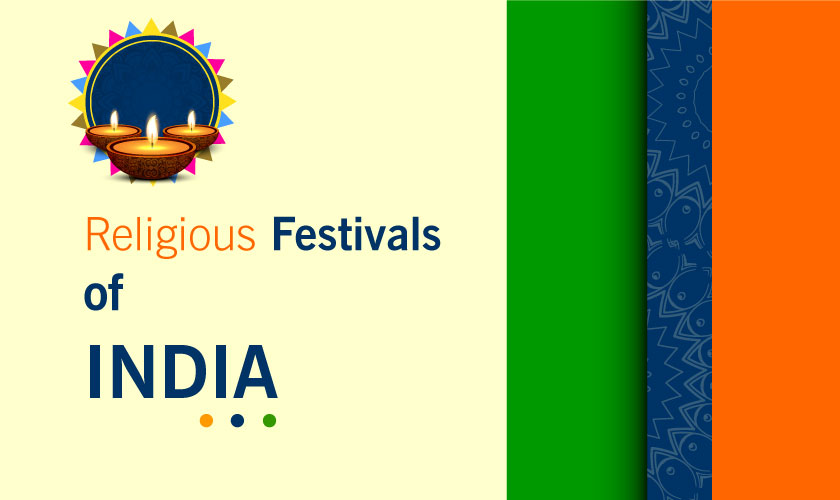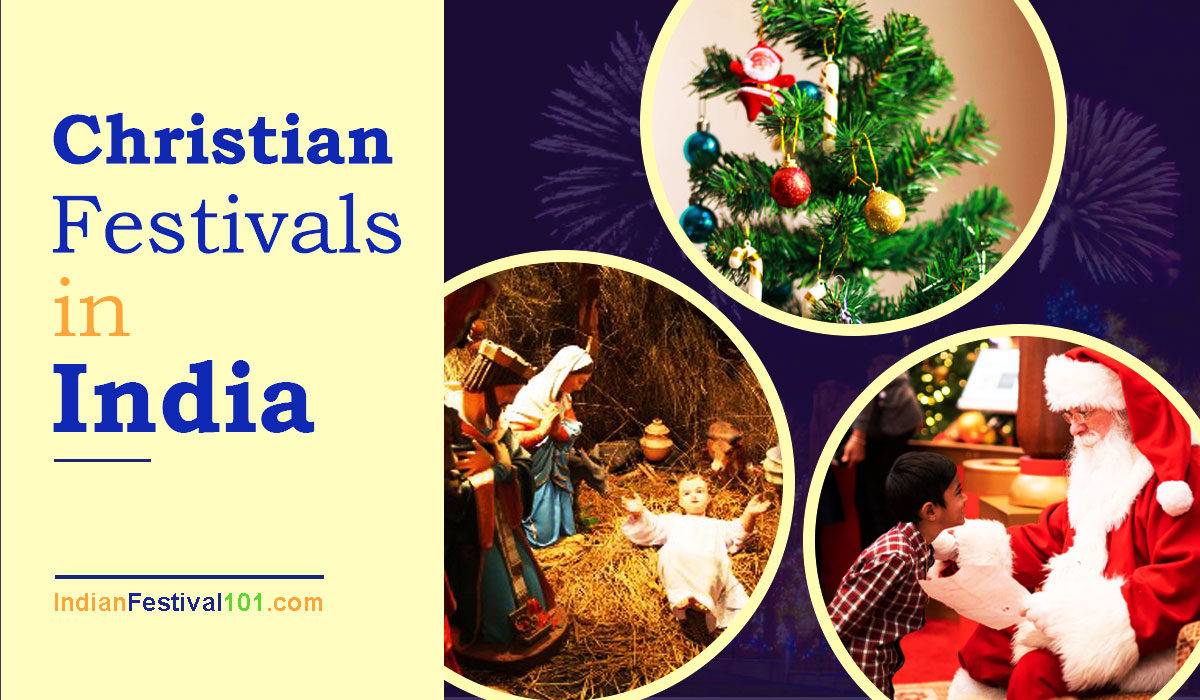Sikhism, a religion founded in the Punjab region of India in the 15th century, is known for its rich spiritual teachings and strong sense of community. Central to Sikh culture are its vibrant festivals that bring together followers from all walks of life, celebrating their faith, history, and unity. In this article, we will explore the various Sikh festivals in India and their significance.
Overview: Sikh Festivals in India
Sikhism, a monotheistic faith that emphasizes selfless service and devotion, is deeply rooted in the festivals that punctuate its calendar. These celebrations not only honour the Sikh Gurus but also serve as a reminder of the values that guide the community. Sikh festivals are not confined to India; they are celebrated worldwide by Sikh communities, highlighting the global presence and influence of Sikhism.
Significance of Sikh Festivals
Sikh festivals are more than mere rituals; they are expressions of the Sikh way of life. They underscore the importance of unity, equality, and compassion – the cornerstones of Sikh philosophy.
List of Sikh Festivals
- Vaisakhi: The Birth of Khalsa
- Gurpurab: Celebrating the Gurus
- Hola Mohalla: The Warrior Spirit
- Baisakhi: Harvest and Faith
- Diwali: Sikh Festival of Lights
- Bandi Chhor Divas: The Day of Liberation
- Maghi: Commemorating Sacrifice
- Gurta Gaddi Divas: Enthronement of Guru Granth Sahib
Also Check: Most Important Hindu Festivals
Short Introduction to Sikh Festivals
Vaisakhi: The Birth of Khalsa
Vaisakhi, celebrated on April 13 or 14, commemorates the formation of the Khalsa – the community of baptized Sikhs – by Guru Gobind Singh Ji in 1699. The festival is marked by colourful processions, prayers, and community service.
Gurpurab: Celebrating the Gurus
Gurpurab is the birthday of the Sikh Guru. The most significant Gurpurab is Guru Nanak Dev Ji, the founder of Sikhism, celebrated with fervour and devotion. Congregations, prayers, and langar (community meals) are integral to these celebrations. Know more: Guru Nanak Devi Ji Life
Hola Mohalla: The Warrior Spirit
Hola Mohalla, held a day after Holi, showcases the martial prowess of Sikhs. It was initiated by Guru Gobind Singh Ji to encourage physical fitness and military training among his followers.
Baisakhi: Harvest and Faith
Baisakhi, both a harvest festival and a religious occasion, is celebrated with joy and devotion on April 13 or 14. Sikhs visit gurdwaras, engage in prayers, and participate in vibrant processions. Also know: List of Harvest Festivals in India
Diwali: Sikh Festival of Lights
Sikhs celebrate Diwali, the Festival of Lights, with enthusiasm. While the festival is commonly associated with Hindus, Sikhs celebrate it to commemorate the release of Guru Hargobind Ji from imprisonment in 1619.
Bandi Chhor Divas: The Day of Liberation
Bandi Chhor Divas, celebrated alongside Diwali, marks the release of Guru Hargobind Ji from the Gwalior Fort. It symbolizes triumph over oppression and the victory of light over darkness.
Maghi: Commemorating Sacrifice
Maghi, observed on January 14, remembers the forty Sikh martyrs who gave their lives in the Battle of Muktsar. Devotees take a dip in sacred waters and participate in processions.
Gurta Gaddi Divas: Enthronement of Guru Granth Sahib
Gurta Gaddi Divas commemorates the installation of the Guru Granth Sahib, the holy scripture of Sikhism, as the eternal Guru. It emphasizes the scriptural authority in Sikhism.
Also Check: Christian Festival in India
Festival Preparations and Celebrations
The preparations for Sikh festivals involve cleaning and decorating gurdwaras, cooking langar, and organizing processions. Devotees engage in heartfelt prayers, singing hymns, and listening to religious discourses.
Community Service and Sharing
Sikh festivals often emphasize seva, selfless service for the community. Langar, where free meals are served to all, is a remarkable example of this principle in action.
Preserving Traditions in Modern Times
In today’s fast-paced world, Sikhs strive to preserve the authenticity of their festivals. They leverage technology and social media to spread the message of unity and spirituality.
Also Know: Muslim Festivals in India
Conclusion
Sikh festivals are a testament to the faith, resilience, and unity of the Sikh community. They serve as reminders of the teachings of the Gurus and provide a platform for Sikhs to come together and celebrate their shared values.
FAQs
Are Sikh festivals only for Sikhs?
No, Sikh festivals are open to people from all backgrounds. They promote inclusivity and welcome everyone to participate.
How can non-Sikhs learn about and participate in these festivals?
Non-Sikhs can visit gurdwaras, engage in prayers, and partake in langar to learn about Sikh culture and traditions.
Do Sikh festivals have a specific dress code?
While there is no strict dress code, wearing modest and respectful attire is recommended when attending Sikh festivals.
What is the significance of langar during festivals?
Langar is a symbol of equality and community service. It represents the Sikh principle of sharing and caring for others.
Are there any specific customs associated with each festival?
Yes, each festival has its own customs, rituals, and practices. These vary based on the historical and spiritual context of the festival.




